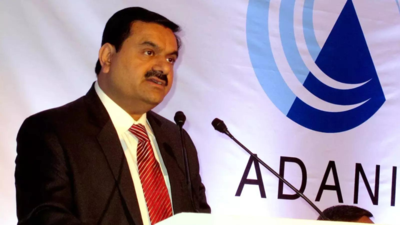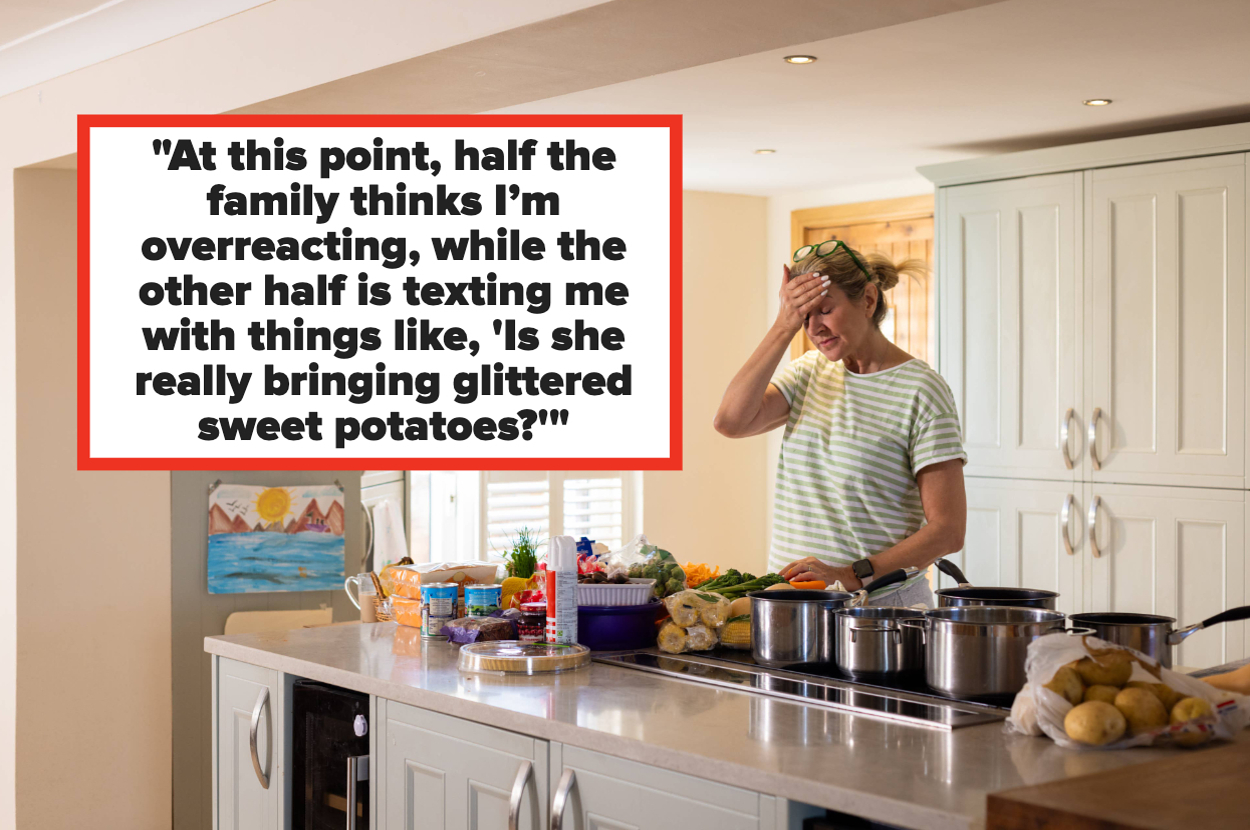UNITED NATIONS (AP) — It’s the uncomfortable talk that as a young woman, she knows she should have with her parents. They alluded to it, once, but couldn’t quite address it directly. And Grace Malie was glad to avoid the subject with them, though she and her friends do discuss it.
As her home, the tiny but shrinking island of Tuvalu, slowly erodes from should she rough it out on the remaining high land? Or should she flee her home, her culture, her heritage and her past to go to Australia — in what as “Plan B?” The 25-year-old, who on Wednesday addresses a special U.N. General Assembly summit on as a representative for her country, has years to decide — decades, even.
But it’s a decision that, like the mythical , hangs over a nation’s entire generation. And two of the biggest issues facing the summit are what to do about people like Grace Malie and how countries like Tuvalu will keep the sovereignty even when they lose their land. “This is not about leaving,” said Kamal Amakrane, managing director of the Global Center for Climate Mobility and climate envoy to the president of the General Assembly.
“This is not about giving up. This is not about giving in. This is about agency.
” Your whole world could be gone Such a situation is like no other. It can’t be compared to when other climate, conflict or economic refugees have to flee with little or no notice as storms hit or drought takes away livelihoods, said Alex Randall, the United Kingdom-based coor.


















